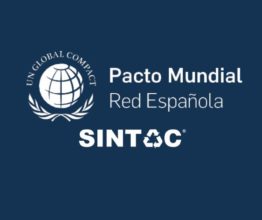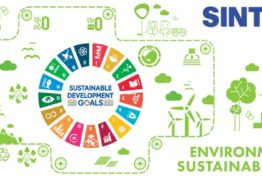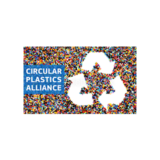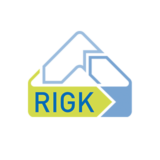What is sustainable development?
Sustainable development is the way we live in the present to achieve a better future that meets the major needs of present and future generations. A more sustainable world is essential for the survival of our societies and our common planet.
The definition of sustainable development
The term sustainable development was defined by the World Commission on Environment and Development “Our Common Future” in 1987 as “development that meets the needs of the present without compromising the ability of future generations to meet their own needs“. In short, the idea of sustainable development reconciles the protection of social and environmental balance with economic development.
In 2001, the European Union adopted the first strategy dedicated to sustainable development, subsequently revised by the European Commission with the aim of providing “a long-term vision of sustainability in which economic growth, social cohesion and environmental protection go hand in hand and the environmental protection go hand in hand and are mutually supportive”. This strategy promoted the integration of sustainable development into EU policies, promoting the fight against climate change and a responsible, low-carbon economy. The European Commission’s review of the strategy in 2009 highlighted the persistence of some unsustainable trends and the need to redouble efforts in this regard. However, it also noted the EU’s progress in integrating sustainable development into many of its policies (including trade and development) and highlighted the EU’s leadership on climate change and the promotion of a low-carbon economy.
Sustainable development formally became one of the long-term objectives of the European Union.
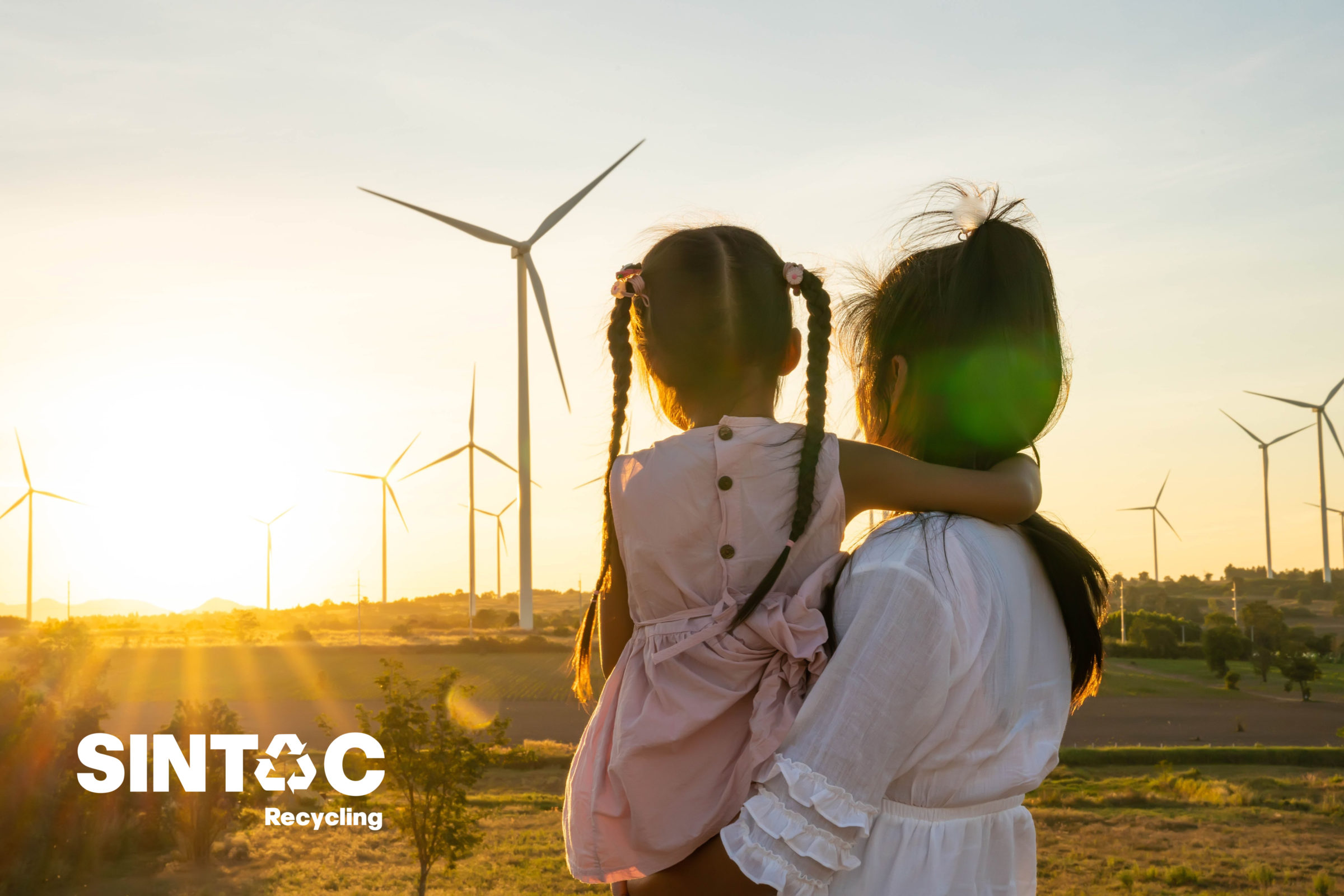
What is sustainability and what impact does it have on the environment?
Sustainability presupposes that resources are finite and must be used conservatively and prudently, taking into account long-term priorities and the consequences of the way they are used.
The term environmental sustainability is understood as the balance between humans and nature. It is for this reason that achieving environmental sustainability depends on the commitment of countries, companies, organizations, governments and the private sector. All have an active role to play in changing the current pattern of productive development.
Doing our bit for sustainable development
To promote sustainable development, global governmental entities have been called to action to mobilize funding, improve national implementation and strengthen institutions to move towards 2030 with no one left behind. In addition, all sectors of society have been urged to take transformative action at three levels: international action to ensure greater leadership, resources and innovative solutions for sustainable development; local action aimed at integrating the necessary transitions into policy, budgets, institutions and regulatory frameworks; and individual action, including youth, civil society, the media, the private sector, among other stakeholders.
The Sustainable Development Goals
The 17 Sustainable Development Goals are a universal call to action for eradicating poverty, protecting the planet and improving the lives and prospects of all people around the world. In 2015, all UN member states adopted the Goals as part of the 2030 Agenda for Sustainable Development, which set a five-year agenda for their achievement.
Progress is currently being made in a number of areas, although, overall, action on the Goals is not progressing at the pace and scale required.
